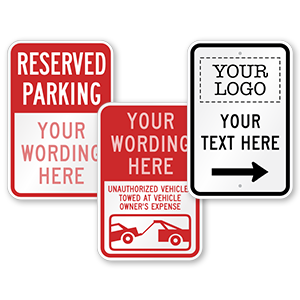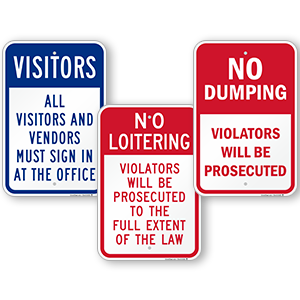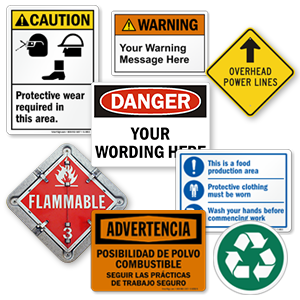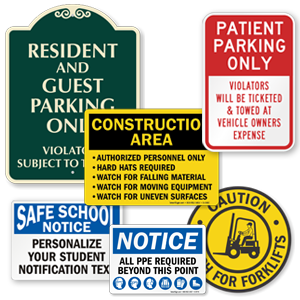My tech detox, the old fashioned Jewish way
“How can you function without your cellphone?”
“So you can’t even write an essay?”
Doubters, even without access to technology, I function clearly. As to the latter question, I plan my life knowing I can’t work for a day every week. Somehow, I and other Jews who observe strict rules such as no cooking, writing, working, or using electricity on the Sabbath seem to manage perfectly fine. It’s really not so hard to give it all up for a bit. Really. Let me explain.

Candles many Jews light to welcome Shabbat (image by slgckgc).
The ‘tech detox’ movement is growing ever more popular as we try to prevent our increasing (and inevitable) reliance on gadgets. Many quit the internet for weeks at a time, hoping to curb their addiction. One such person, Joanne Tombrakos, wrote about her week-long ‘tech detox‘ experience and put it aptly:
“I knew I was spending a lot of time wandering cyberspace, but I didn’t realize how much until I told myself I couldn’t. The most interesting part for me is the feeling of separation as I limit my cyber intake; I have anxiety that there might be something going on, something important that I need to know.”
I admit to being slightly addicted. I constantly look at my phone (though I then forget to reply), check my social media accounts before bed, and look at my phone first thing in the morning (that’s partially because my phone also functions as my alarm, as it does for most people).
But it seems that unlike many, I adore the ‘Do Not Disturb’ setting on my iPhone and tend to forget about it for hours at a time (and am subsequently accused of willful ignorance). I’m still shocked that people leave their phone on ‘vibrate’ at night and wake up immediately if their phone buzzes. Why on earth? When is a text ever so urgent that you have to wake up to answer it?

We can’t seem to get away from our gadgets (image by Mervi Eskelinen).
Then I realized, maybe I’m less of an addict because I’ve been doing a 25-hour detox once a week since I was born, in the form of Shabbat. Some years I give up electronics for a three day spell if a Jewish holiday falls at a certain time.
My family and I shut ourselves off starting Friday at sunset until Saturday after-dark—we set the lights to go on and off at certain times, turn off our electronics, and spend time actually conversing with one another (unless I lock myself away with a book, which occurs often). We have family meals without our trusty cellphones sitting on the table, and (when we’re not in synagogue) read, study, play board games, or talk during our downtime. Other Jews who keep the Sabbath do this as well.
The forced switch-off can be a nuisance, especially when there are exams to study for or a frightening workload to tackle. But regardless of stress level, I pull through every time. With friends, it was a learning experience, but now we make plans with exact timing; they leave me notes stating their plans and they know where to find me.
I’m not preaching religion to you. I’m advocating moderation (skeptics, chuckle if you like). So try a little tech detox of your own:
- Instead of cutting yourself off for three days or weeks at a time, shut off your notifications when you’re with family and make sure that only emergencies get through.

After staring at a computer for hours at the SmartSign office, a tech detox can be a nice end to the day.
(Woah! There’s a way to do that in this day and age! Don’t have an iPhone? There’s an App for that.)
- Turn off your phone before going to sleep, or at least turn off notifications.
- Don’t take your laptop to bed (that one is the hardest for me).
- If you’re a real adventurer, choose a Saturday or Sunday to shut it all off completely and devote yourself to good old-fashioned human interaction.
If you’re really an addict, do a program like ‘Camp Grounded‘ a tech-free camp for adults to get away from work and tech-related stress and learn to bond again (also good if you really miss camp and need to be a kid again).
But if you’re not, fight the impending slavery to technology with little breaks. You’ll feel better almost instantly. And don’t worry, if there is an emergency, you’ll know.











